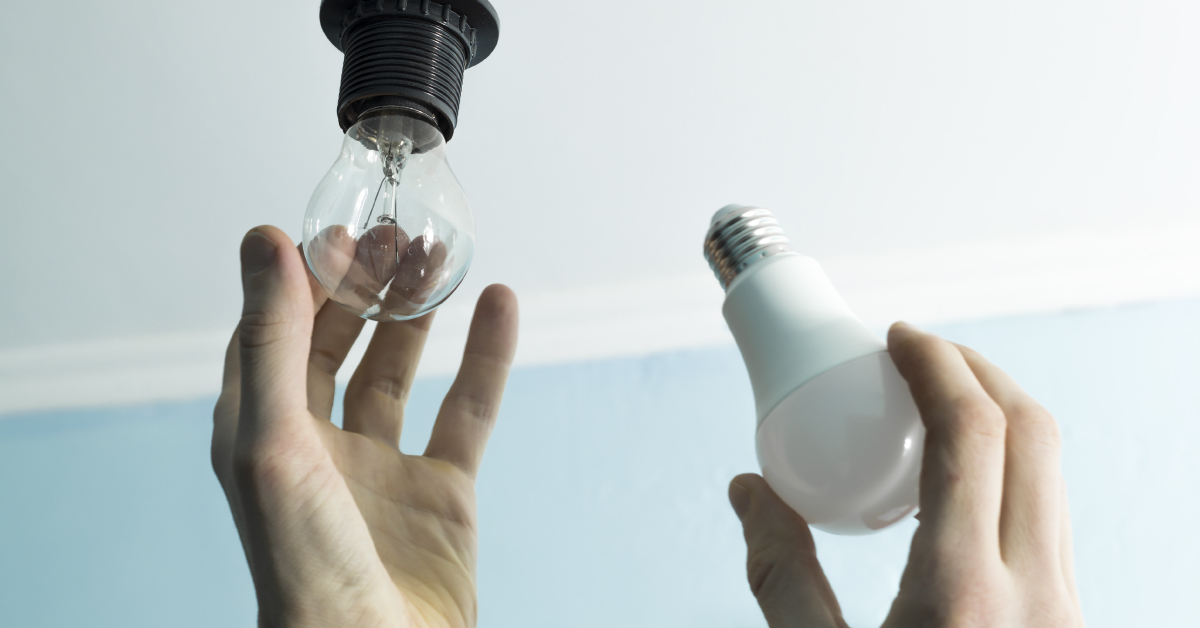Smart Tips to Make Your Older Home More Energy-Efficient - NEC Coop
Jul 1, 2021 — Electric Tips at Home, Energy Efficiency, News, Resources

Older homes tend to be charming, rustic, and have an abundance of fascinating history. As appealing as older homes can be to some home buyers, they may not be as eco-friendly and can cause a major drain on your energy bill.
Some older homes were built before advanced systems like central air and heating. This may prove to be wasteful and unsustainable, as well as expensive to homeowners who want to keep their utility bills low.
Below are some smart tips to make your home more energy-efficient.
Add more insulation to your attic
A lot of heat in the winter and cool in the summer escapes from the attic. When it comes to conserving energy, adding a layer of insulation in your attic can be a wonderful energy-saving boost. The U.S. Department of Energy offers a helpful fact sheet. You can expect to recover your costs in as little as five years by adding insulation to your older home.
Opt for energy-efficient appliances
Swap your high-energy appliances for energy-efficient ones. Big-ticket items such as HVAC systems should ideally be replaced after about 15 years for optimal performance and efficiency. Even cheaper models of furnaces and air conditioning units are more energy-efficient than their 20-year-old counterparts.
Choose a smart thermostat
The latest models of smart thermostats offer a multitude of energy-efficient features. For instance, you can set your thermostat for times when you are away or at home. Once you are able to program the device to your specifications, it will eliminate the need for manual adjustments, saving you a great deal of energy and money.
Go for LED lighting
Updating light fixtures in your home and going for LEDs is another simple way to make your older home more energy-efficient. LEDs on average can last up to 25 times longer and uses about 75 percent less energy. They can be more expensive than the traditional bulbs, but you can trust that the savings in your utility bills will offset the cost.
Perform an energy audit
It is always helpful to get evidence and factual data to back up your assumptions. This is where an energy audit is especially useful. Also called a home energy assessment, a home energy audit will help pinpoint where specifically in your home is losing energy. A certified energy inspector will be able to provide you with a visual map of where energy is being wasted in your home. Some utility providers provide free audits, but hiring the services of an independent auditor might give you a more in-depth and bias-free analysis.
These smart tips to make your home more energy-efficient are strategies that will not only help the environment but save you money in the long run.

